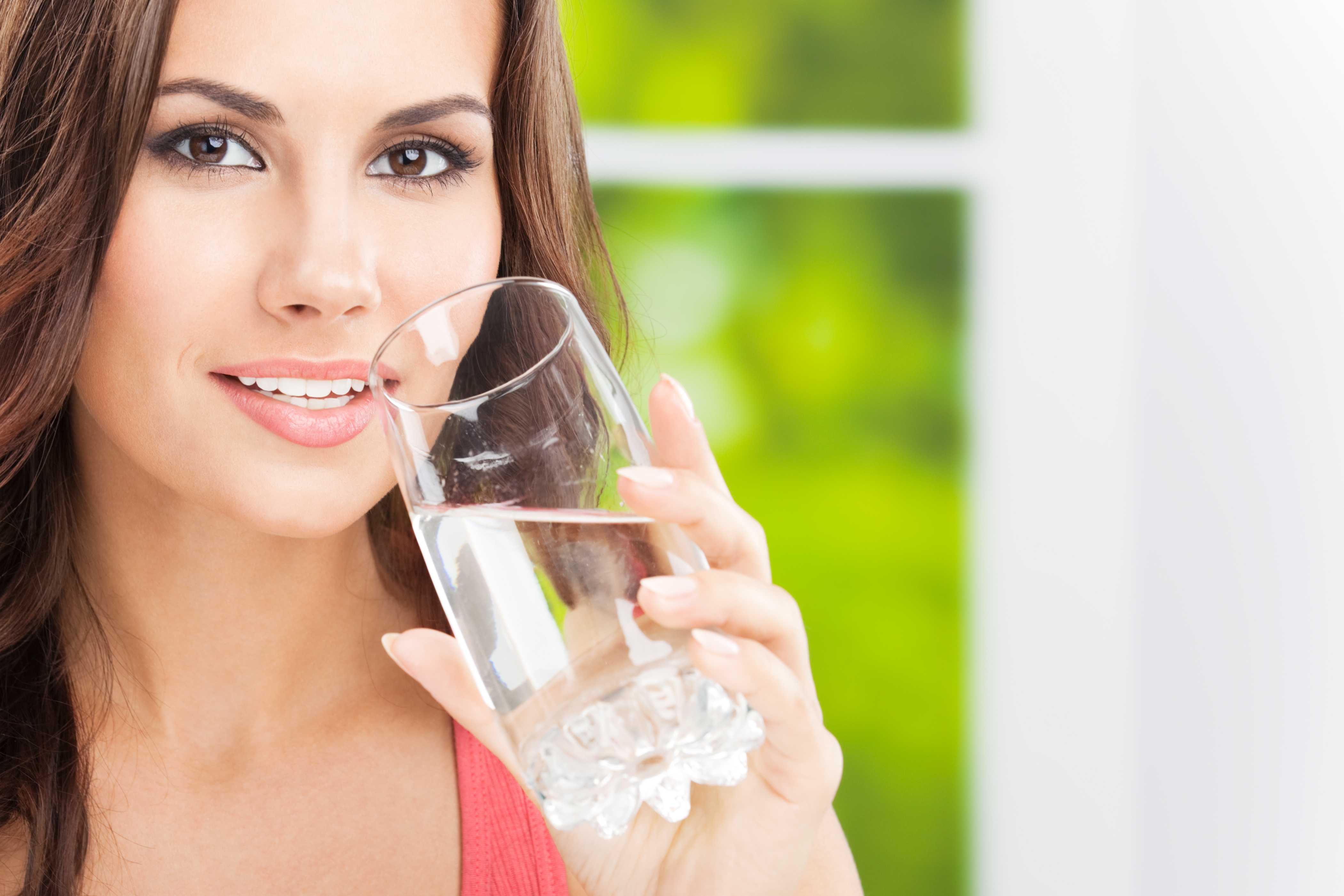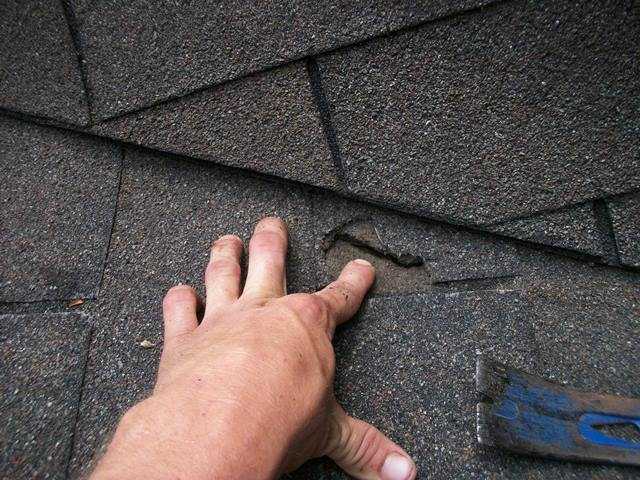 Many people are led to believe that hard water is not a problem. But for those who have tried soft water, the experience has been an eye-opener – from bathing, cleaning and cooking. A safe, clean and soft water can make life easier and healthier.
Many people are led to believe that hard water is not a problem. But for those who have tried soft water, the experience has been an eye-opener – from bathing, cleaning and cooking. A safe, clean and soft water can make life easier and healthier.
Shower
Some would have wondered why their hair felt so soft and silky after a visit to a salon, but after using the same shampoo and conditioner at home didn’t get the same effect? It’s probably the water used in washing that gives that magic. People with fine hair types felt their hair is greasy after washing it in tap water, the shampoo is hard to lather, not to mention the body doesn’t feel squeaky clean. Why? Because the minerals in the water like magnesium and calcium is deposited in the skin and hair, clogging the pores and coats the hair.
Laundry and Cleaning
Doing laundry using hard water requires more detergent and extra washing cycle. The mineral present in the water interferes with the cleaning action of laundry products. Thus, more soaps, extra detergent and hot water are required to maximise the cleaning process – making soft water practical, ecologically and economically friendly, says an expert from Kinetico Utah. Fabrics that are washed in hard water are quicker to wear out than fabrics washed in soft water.
Running the Household on Soft Water
Tired of hard-to-clean water stains? Dishes are easier to clean with no white and grey residue that’s easily spotted on crystal glasses after being washed in hard water. Bathroom tiles and tubs are sparkly clean with no hard clingy soap curd and mineral deposits, making cleaning easier.
According to USGS, Hawaii and New England are among places in the U.S that have the softest water — not everyone is lucky to have soft water. But with latest technology everyone can have a healthier diet and nicer skin.




